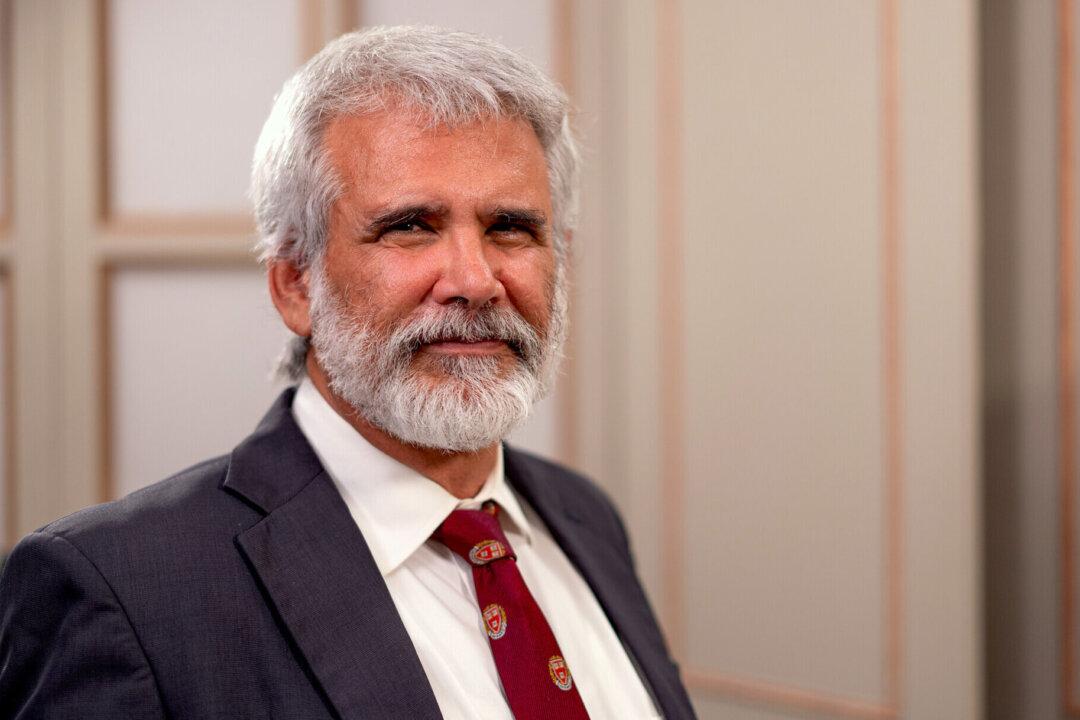COVID-19 can be treated and prevented with vitamin D, according to the pioneer of mRNA vaccine technology and president of the Global COVID Summit, Dr. Robert Malone.
“There are virtually no deaths from this disease in people who have vitamin D levels in their blood above 50 ng/mL [nanograms per milliliter],” Malone said on EpochTV’s “American Thought Leaders” program. “There’s actually many studies out now, including double-blind randomized placebo-controlled trials.”







